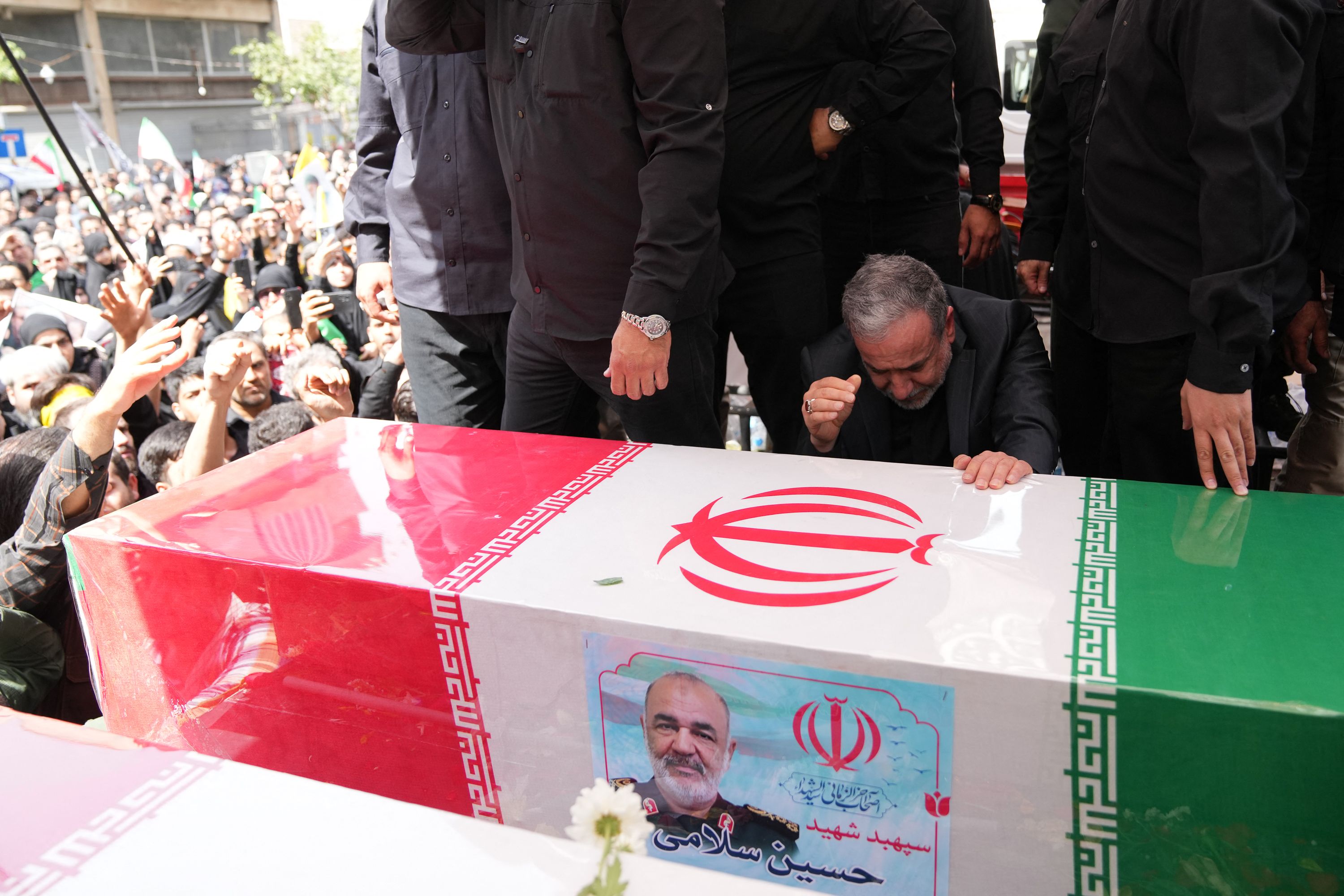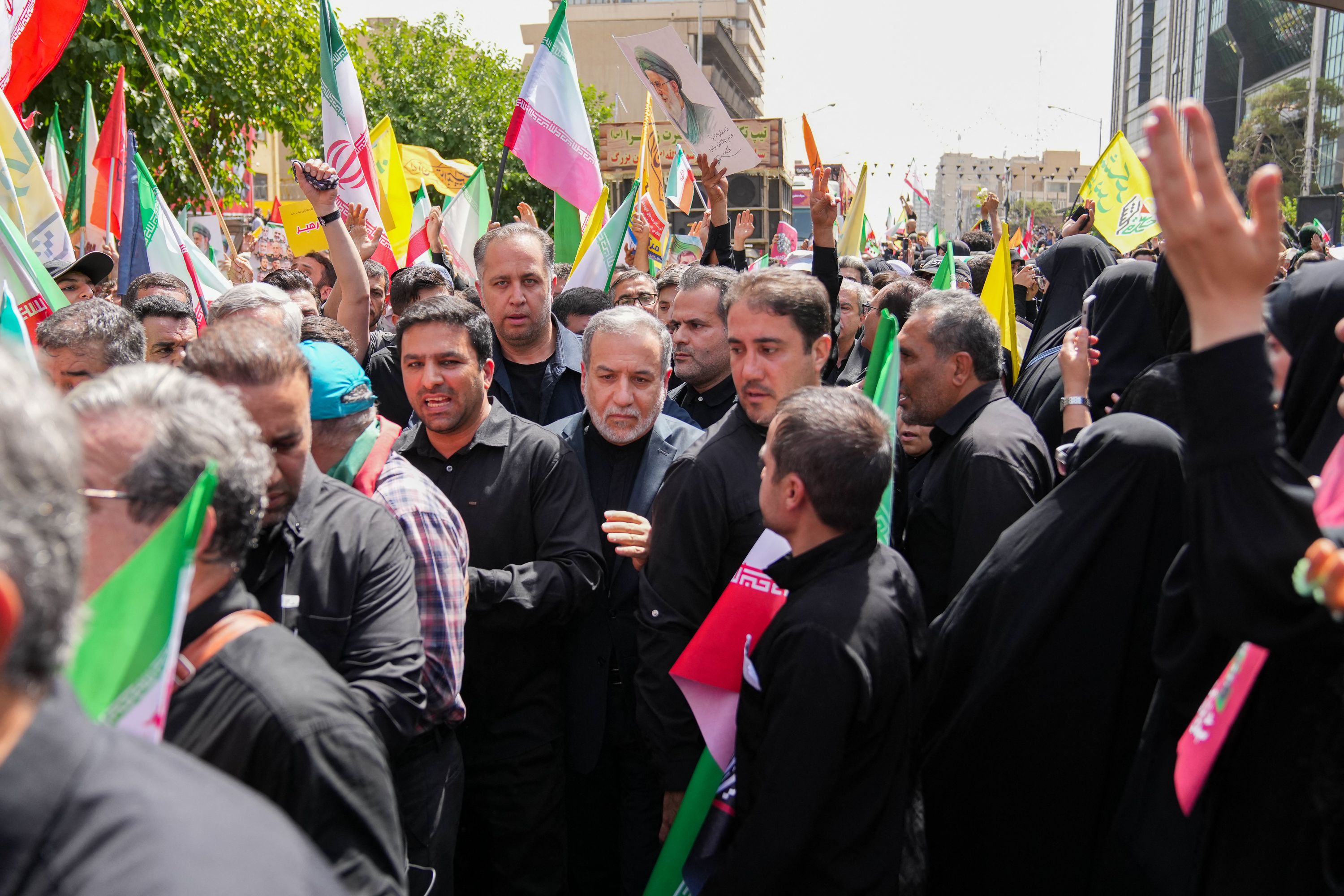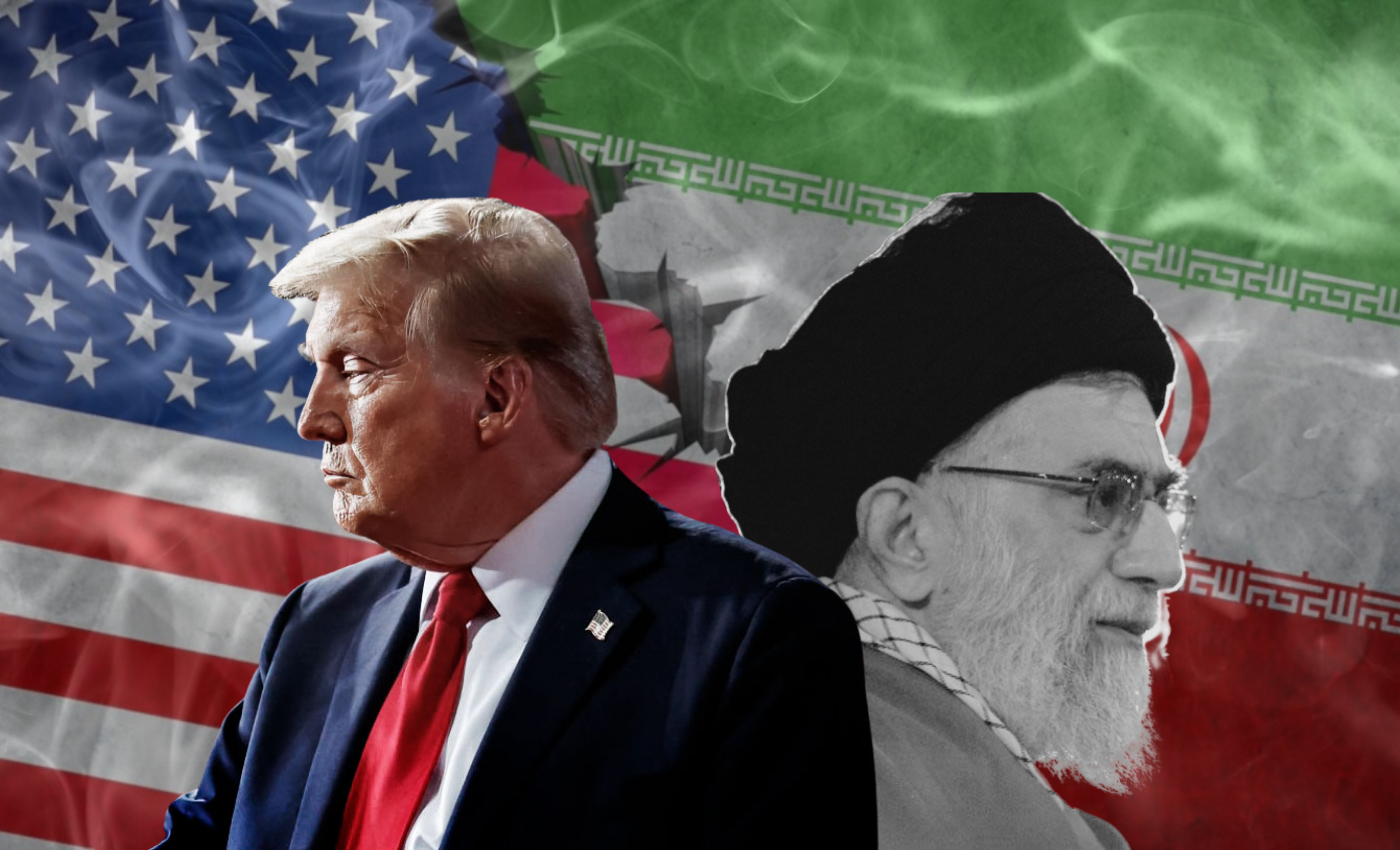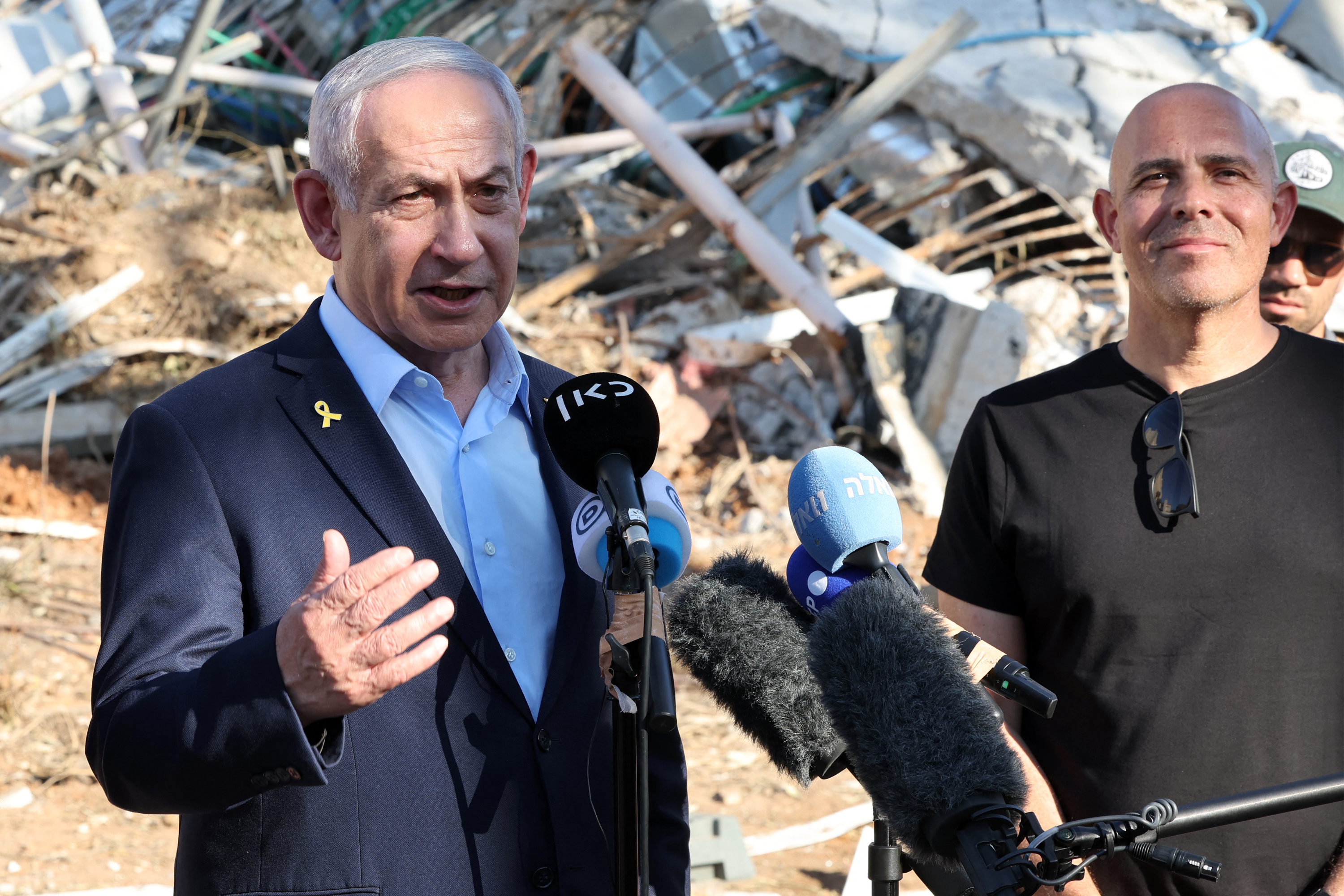Iran bids farewell to soldiers and scientists killed in the '12-Day War' with Israel at a state funeral.

Iran on Saturday held a state funeral for the nearly 60 scientists and senior military officials killed during the 12-day war with Israel, the fifth day of a truce weakened by renewed threats from Donald Trump.
Thousands of people dressed in black gathered in central Tehran, chanting slogans such as "Death to America" and "Death to Israel" and holding photographs of the deceased.
The coffins were draped in the national flag and carried on trucks for the 11 kilometers from Enghelab [Revolution] Square to Azadi [Freedom] Square.

Funerals in Iran Photo: AFP
Iranian President Massoud Pezeshkian took part in the ceremonies, which began at 8:00 (04:30 GMT), according to state television. The channel also showed General Esmail Qaani, head of the Quds Force, the external operations branch of the Revolutionary Guard, Iran's ideological army.
Television also showed Ali Shamkhani, wounded during the war and one of Supreme Leader Ayatollah Ali Khamenei's advisors.
In the streets, thousands of Iranians waved flags of the Islamic Republic, their fists raised . Some banners read "Boom boom Tel Aviv," a reference to the Iranian missiles fired at Israel during the conflict.
Israel launched the war on June 13 with the stated goal of preventing the Islamic Republic from acquiring the atomic bomb. Tehran has always denied any desire to develop such weapons and maintains that its nuclear program is being developed solely for civilian purposes.

Funerals in Iran. Pictured: Iran's foreign minister. Photo: AFP
Israeli bombings hit nuclear and military facilities, killing senior Israeli officials and scientists involved in the development of the nuclear program. The United States, a close ally of Israel, joined the offensive in the early hours of June 22, bombing three nuclear plants.
The balance of the 12-day war According to the Iranian Health Ministry, at least 627 civilians were killed and nearly 4,900 were injured during the 12-day war. In Israel, Iranian-fired missiles and drones killed 28 people, Israeli authorities said.
"Iranians gave their blood, not their land; they gave their loved ones, not their honor; they withstood a rain of thousand-ton bombs, but they did not surrender," Iranian Foreign Minister Abbas Araqchi wrote on Instagram.
Many government buildings and businesses were closed on Saturday for the funerals. Among the deceased was Mohamed Baqeri, a general in the Iranian armed forces, who will be buried with his wife and daughter.

Donald Trump and Ali Khamenei Photo: International
Bagheri was the highest-ranking officer in the Iranian forces, responsible for both the army and the Revolutionary Guard, as well as the country's ballistic missile program. He also worked under the direct authority of Supreme Leader Khamenei.
The Supreme Leader, in power since 1989, is the supreme decision-maker and commander-in-chief of the armed forces . His presence at the ceremony was not confirmed, although he has presided over state funerals in the past, such as that of President Ebrahim Raisi, who died in a helicopter crash in 2024.
US President Donald Trump said Friday he would carry out new attacks against Iran if Tehran enriches uranium to levels that would allow it to obtain nuclear weapons.
He also accused Khamenei of lacking recognition and claimed to have spared him "a very ugly and ignominious death." His statements were condemned by the Iranian foreign minister.
"I knew exactly where he was hiding," Trump continued in a message on his social media platform Truth, in which he boasted of having inflicted "a beating" on Iran.

Israeli Prime Minister Benjamin Netanyahu. Photo: AFP
The Republican president assured this week that negotiations on Iran's nuclear program would resume next week. But Iranian Foreign Minister Araqchi denied on Wednesday that there were plans to resume the talks, which were already at a standstill before the war.
"If President Trump truly wants to reach a deal, he should drop his disrespectful and unacceptable tone toward Iran's supreme leader," he wrote in X.
Since April, Tehran's nuclear program has been the subject of several rounds of negotiations with the United States, which withdrew in 2018 from a nuclear deal sealed in 2015.
The pact, signed in Vienna with China, the United States, France, the United Kingdom, Russia, and Germany, limited Tehran's nuclear program in exchange for relief from international sanctions. It expired with Washington's withdrawal.
eltiempo




